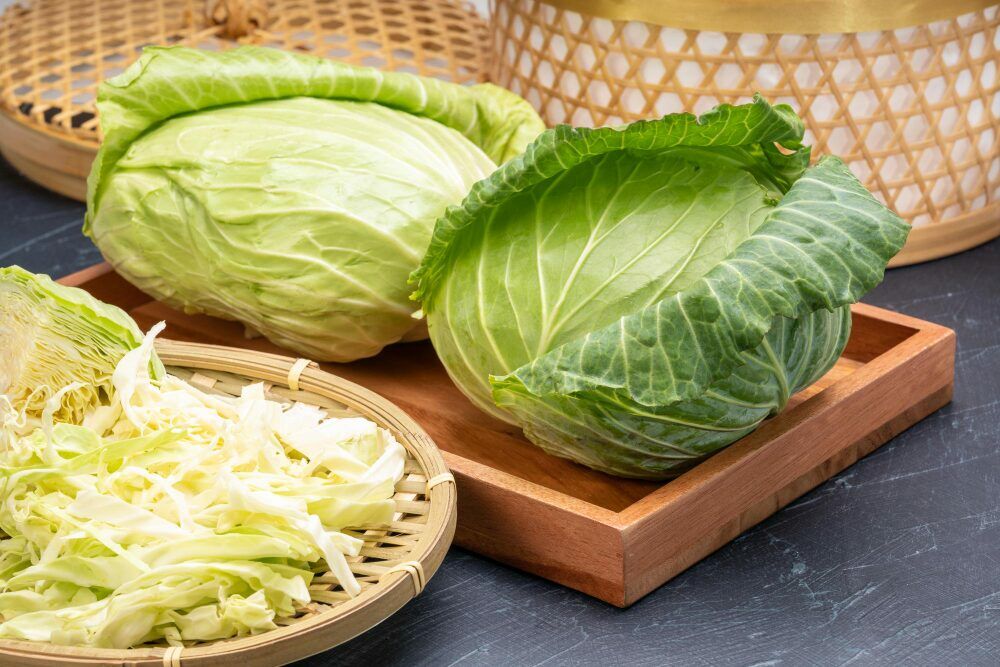Reaping health benefits of nutrient-rich cabbage: Caution for thyroid patients

The benefits of cabbage, a vegetable rich in nutrients, have been highlighted by nutritionists. However, it is warned that individuals with a specific type of condition should avoid excessive consumption of cabbage, as it may cause thyroid dysfunction.
Cabbage is filled with nutrients that can help fight against cancer, detoxify the liver, and balance estrogen hormones.
Consuming it in adequate amounts not only benefits the general population by alleviating symptoms of tissue swelling, reducing inflammation, and strengthening the digestive system, but it can also aid pregnant mothers by developing the nervous system of the fetus and enhancing iron absorption.
This vegetable is composed of five types of nutrients including minerals such as potassium, calcium, and magnesium, which can strengthen heart health and bones. Vitamin C, or ascorbic acid, boosts the immune system, produces collagen, aids wound healing, and reduces inflammation, thus preventing heart disease.
Vitamin K not only promotes wound healing but also prevents osteoporosis, and bone loss, and aids blood clotting. Cabbage contains beta-carotene, which can be converted into vitamin A in the human body, protecting the eyes. Folic acid, another component, provides a good supplement to pregnant women and fosters fetal development.
Cabbage is rich in plant sterols (phytosterols) and insoluble fibres, strengthening the digestive system and maintaining regular bowel movements. Fermenting or pickling cabbage, like Kimchi, naturally produces probiotics that nourish the good bacteria in the intestines.
Pros and cons of cabbage consumption
These bacteria help fight diseases, absorb nutrients, digest food, and control anxiety. Some studies show that anthocyanins found in cabbage can do more than reduce inflammation. Research indicates that cabbage enhances health benefits by reducing the risk of heart disease.
Scientists have discovered 36 types of anthocyanins in cabbage, including some that can help prevent certain types of cancer. Part of this belief comes from cabbage’s antioxidant and anti-inflammatory properties. This is also due to a compound called glucosinolate, a special sulphur-containing compound that makes the body a cancer fighter. This compound is also found in other vegetables such as kale, collard greens, broccoli, Brussels sprouts, and cauliflower.
Despite the numerous benefits, individuals with low thyroid function should avoid consuming too much raw cabbage due to the presence of thiocyanate, which inhibits the thyroid’s iodine absorption. It also contains substances that could interfere with medication such as blood thinners, or cause thyroid dysfunction, a condition where the thyroid doesn’t produce enough thyroid hormones, slowing metabolism, reported KhaoSod.
Although cabbage is packed with nutritional value, excessive consumption could cause diarrhoea, bloating, or stomach discomfort, especially for those with underlying health conditions. It is advised to consult a doctor or nutritionist in advance to confirm whether it is appropriate for consumption.
Latest Thailand News
Follow The Thaiger on Google News:


























